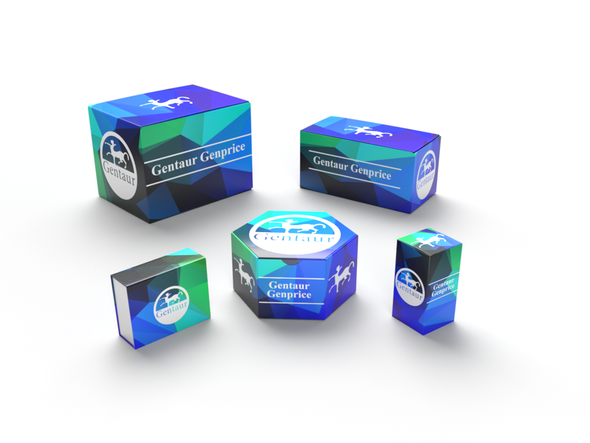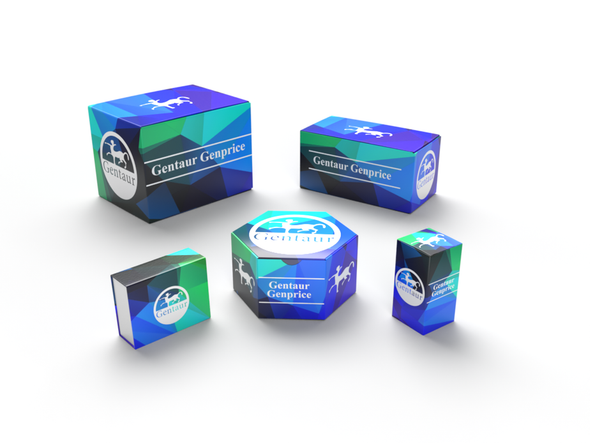Description
ACSS2 Antibody | 56-934 | Gentaur UK, US & Europe Distribution
Host: Rabbit
Reactivity: Human
Homology: N/A
Immunogen: This ACSS2 antibody is generated from rabbits immunized with a KLH conjugated synthetic peptide between 261-290 amino acids from the Central region of human ACSS2.
Research Area: Obesity, Signal Transduction
Tested Application: WB, IHC-P
Application: For WB starting dilution is: 1:1000
For IHC-P starting dilution is: 1:10~50
Specificiy: N/A
Positive Control 1: N/A
Positive Control 2: N/A
Positive Control 3: N/A
Positive Control 4: N/A
Positive Control 5: N/A
Positive Control 6: N/A
Molecular Weight: 79 kDa
Validation: N/A
Isoform: N/A
Purification: This antibody is purified through a protein A column, followed by peptide affinity purification.
Clonality: Polyclonal
Clone: N/A
Isotype: Rabbit Ig
Conjugate: Unconjugated
Physical State: Liquid
Buffer: Supplied in PBS with 0.09% (W/V) sodium azide.
Concentration: batch dependent
Storage Condition: Store at 4˚C for three months and -20˚C, stable for up to one year. As with all antibodies care should be taken to avoid repeated freeze thaw cycles. Antibodies should not be exposed to prolonged high temperatures.
Alternate Name: Acetyl-coenzyme A synthetase, cytoplasmic, Acetate--CoA ligase, Acetyl-CoA synthetase, ACS, AceCS, Acyl-CoA synthetase short-chain family member 2, Acyl-activating enzyme, ACSS2, ACAS2
User Note: Optimal dilutions for each application to be determined by the researcher.
BACKGROUND: This gene encodes a cytosolic enzyme that catalyzes the activation of acetate for use in lipid synthesis and energy generation. The protein acts as a monomer and produces acetyl-CoA from acetate in a reaction that requires ATP. Expression of this gene is regulated by sterol regulatory element-binding proteins, transcription factors that activate genes required for the synthesis of cholesterol and unsaturated fatty acids. Alternative splicing results in multiple transcript variants. [provided by RefSeq].






